CURRICULUM
This isn’t your typical course. It’s a mind-bending, intimate, concentrated experience where you turn inwards and study the workings of your own critical art-making process.
The week-long Curriculum is tailor-made for ambitious racialised artists and designers who explore socio-political contexts at an intermediate or advanced level.
︎︎︎
Upcoming application period: To be announced
Read about the process, location, and eligibility below.
︎︎︎
Read about the process, location, and eligibility below.
︎︎︎
why apply?
You’re ready to deepen your political commitments to an intermediate or advanced level.
You want to bring together the critical theory you’re reading about, the things you’re making, and the everyday things you’re experiencing.
You’re craving space and time exclusively for and exclusively by racialised artists. If you know, you know.
You want to bring together the critical theory you’re reading about, the things you’re making, and the everyday things you’re experiencing.
You’re craving space and time exclusively for and exclusively by racialised artists. If you know, you know.
process
The unique process concentrates on 3 things:
WHO’S INVOLVED 4 artists will be selected to participate in each cycle. The Curriculum runs over a period of 5 consecutive days in-person. Each day is guided with facilitation and structured studio time. The process is facilitated by a Black-Asian independent scholar and former design educator at Parsons School of Design and Pratt Institute in NYC. She will run the workshop in partnership with a BIPoC coordinator. The workshop is hosted at Aysha Amin’s space, Andromeda8220, in Aarhus, DK. Read the Site section below for more.
PROCESS
The month prior: Virtual welcome and orientation meeting with Faciliator. Followed by a virtual meeting with all 4 participants, Facilitator, Coordinator, and Host to set guidelines and expections.
Day 1: Settle into each other and our location. Learn 3 pre-requisite skills. Group dinner.
Day 2: Continue practicing the 3 pre-requisite skills. Facilitator reveals the full process and methodology of the Curriculum. Set aims for Day 3 and 4.
Day 3: Guided studio time to work individually yet in the space together.
Day 4: Guided studio time. Prepare to share your investigations with fellow participants on Day 5.
Day 5: Share our shifts, questions, and insights with each other. Graduation ceremony and group dinner.
Write hello@nordicotherwise.com to request the more detailed agenda.
THIS IS NOT... In the Curriculum, participants will not produce new creative works—Nordic Otherwise specialises exclusively on processes behind socio-political art-making and cultural work. The Curriculum does not seek to teach participants about socio-political concepts—The workshop will provide participants with structured days and tailor-made exercises for each participant to investigate their own ongoing engagement with critical concepts and creative practice.
- the materials the artist uses in their practice
- the critical theoretical texts the artist engages
- the artist’s everyday politicized experiences being in the world
WHO’S INVOLVED 4 artists will be selected to participate in each cycle. The Curriculum runs over a period of 5 consecutive days in-person. Each day is guided with facilitation and structured studio time. The process is facilitated by a Black-Asian independent scholar and former design educator at Parsons School of Design and Pratt Institute in NYC. She will run the workshop in partnership with a BIPoC coordinator. The workshop is hosted at Aysha Amin’s space, Andromeda8220, in Aarhus, DK. Read the Site section below for more.
PROCESS
The month prior: Virtual welcome and orientation meeting with Faciliator. Followed by a virtual meeting with all 4 participants, Facilitator, Coordinator, and Host to set guidelines and expections.
Day 1: Settle into each other and our location. Learn 3 pre-requisite skills. Group dinner.
Day 2: Continue practicing the 3 pre-requisite skills. Facilitator reveals the full process and methodology of the Curriculum. Set aims for Day 3 and 4.
Day 3: Guided studio time to work individually yet in the space together.
Day 4: Guided studio time. Prepare to share your investigations with fellow participants on Day 5.
Day 5: Share our shifts, questions, and insights with each other. Graduation ceremony and group dinner.
Write hello@nordicotherwise.com to request the more detailed agenda.
THIS IS NOT... In the Curriculum, participants will not produce new creative works—Nordic Otherwise specialises exclusively on processes behind socio-political art-making and cultural work. The Curriculum does not seek to teach participants about socio-political concepts—The workshop will provide participants with structured days and tailor-made exercises for each participant to investigate their own ongoing engagement with critical concepts and creative practice.
A moment of protest becomes a Curricular object.
The curricular object that Black Studies became —as a repertoire of critical inquiry— means that my generation of [B]lack scholars and creative intellectuals had to create fields of study and practice, not always with happy results.
— Hortense Spillers, A Critical Journal of Black Politics, Culture, and Society (2020)
The curricular object that Black Studies became —as a repertoire of critical inquiry— means that my generation of [B]lack scholars and creative intellectuals had to create fields of study and practice, not always with happy results.
— Hortense Spillers, A Critical Journal of Black Politics, Culture, and Society (2020)
eligibility checklist
Participants must meet all 4 criteria.
You identify as a person who is racialised.
You have a creative practice that is spatial and/or material.
You deliberately engage with socio-political concepts at an intermediate or advanced level through your artistic practice.
You’re based in Sweden, Finland, Norway, or Denmark.
You have a creative practice that is spatial and/or material.
You work closely with a medium such as sculpture, performance, music, film, body movement, archiving, sound, internet, poetry, design, architecture, and/or more.
You deliberately engage with socio-political concepts at an intermediate or advanced level through your artistic practice.
These concepts may include, but are not limited to ecofeminism, Black critical thought, queerness, geo-political borderlands, abolition, disability, Afropessimism, and more.
You’re based in Sweden, Finland, Norway, or Denmark.
For now, the Centre is only able to accept and cover travel costs for artists who live in and who will be traveling to and from the regions named above.
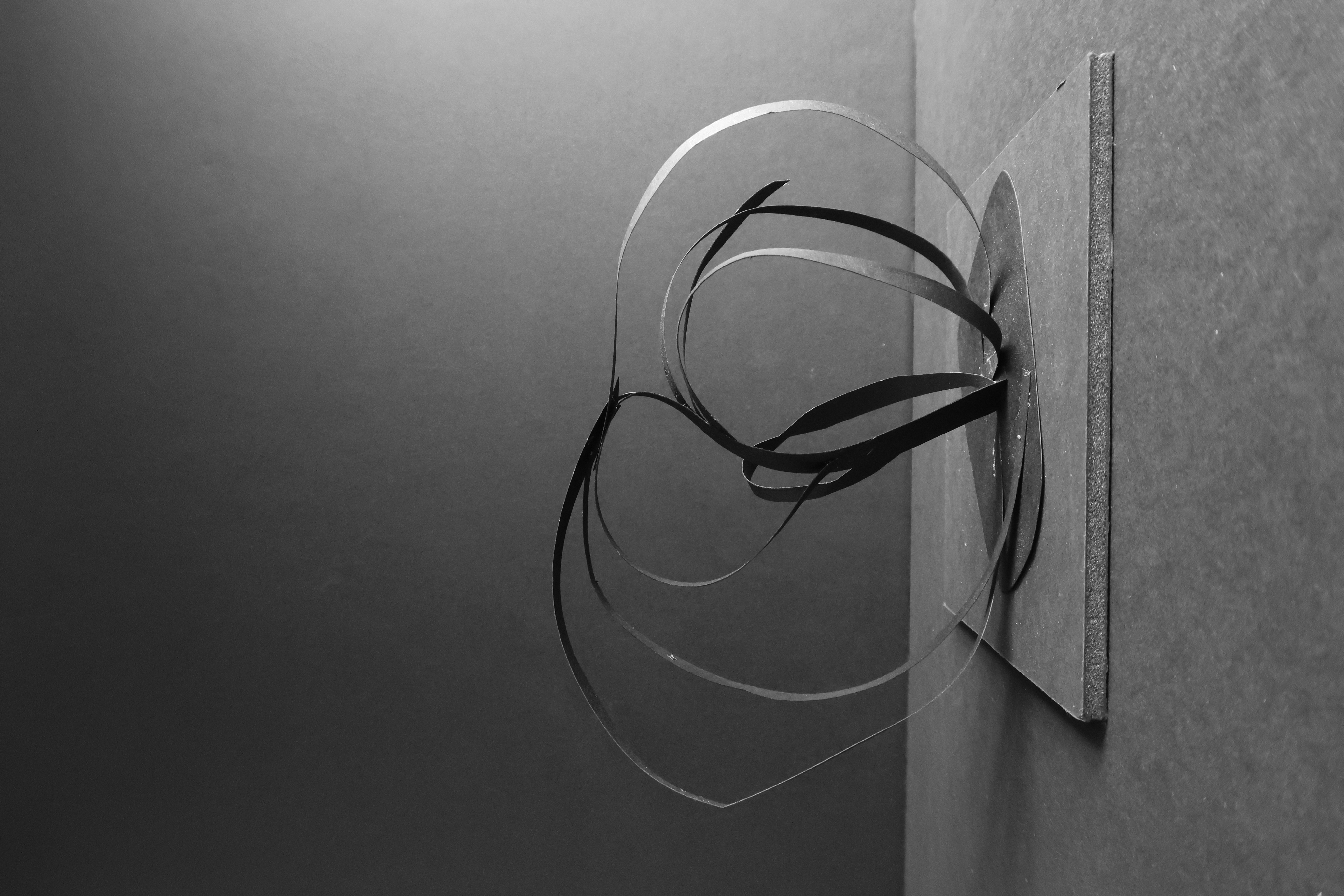
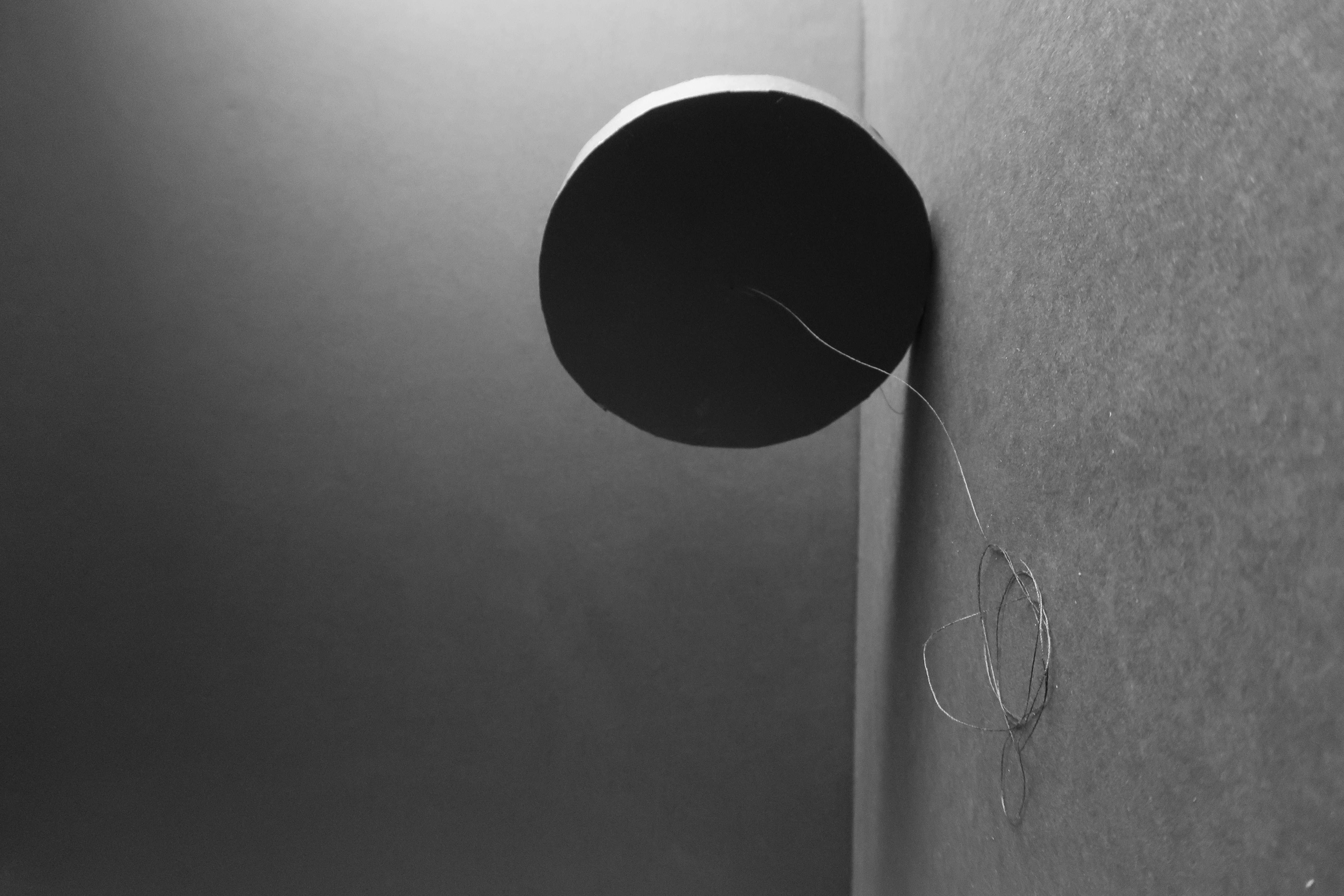
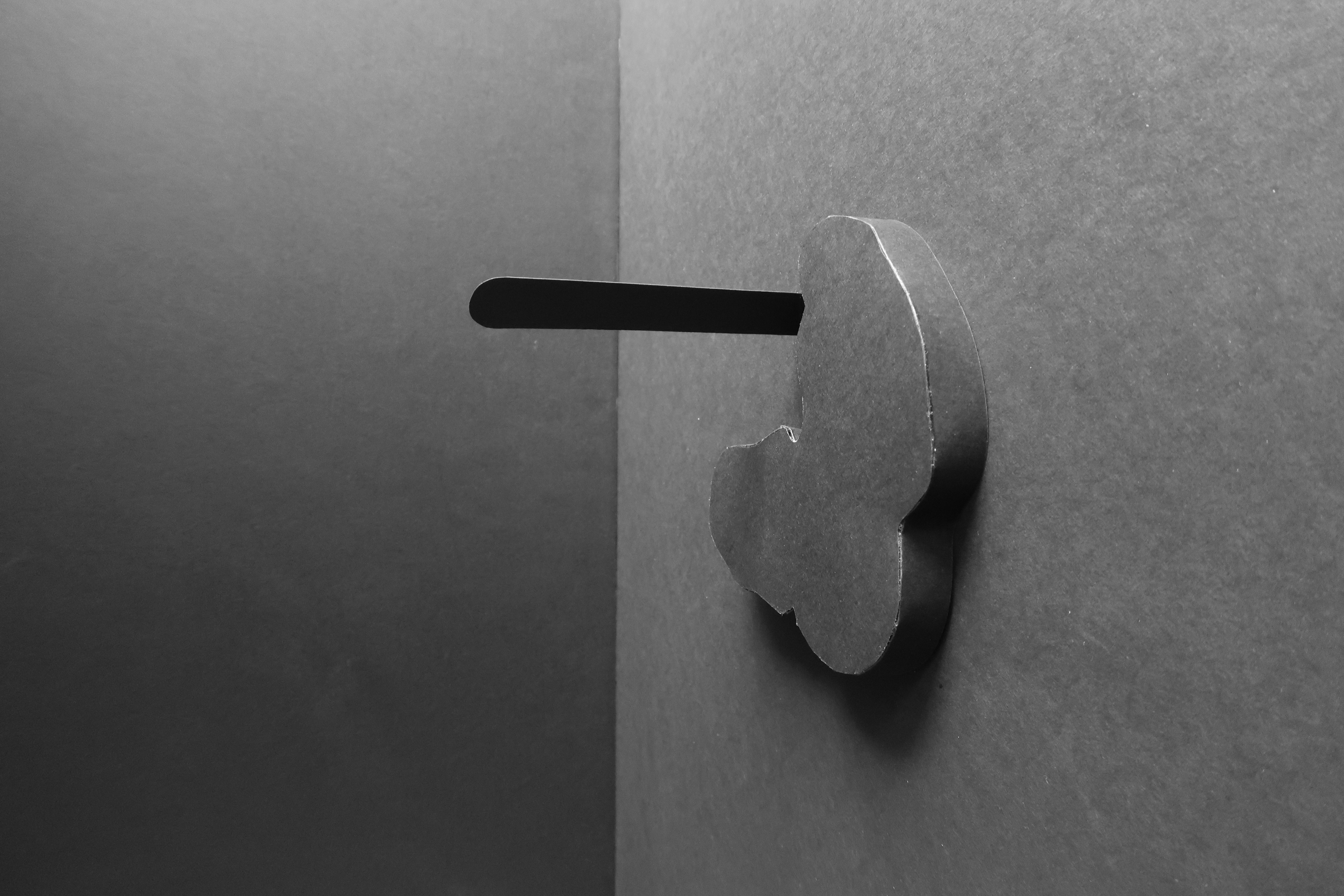
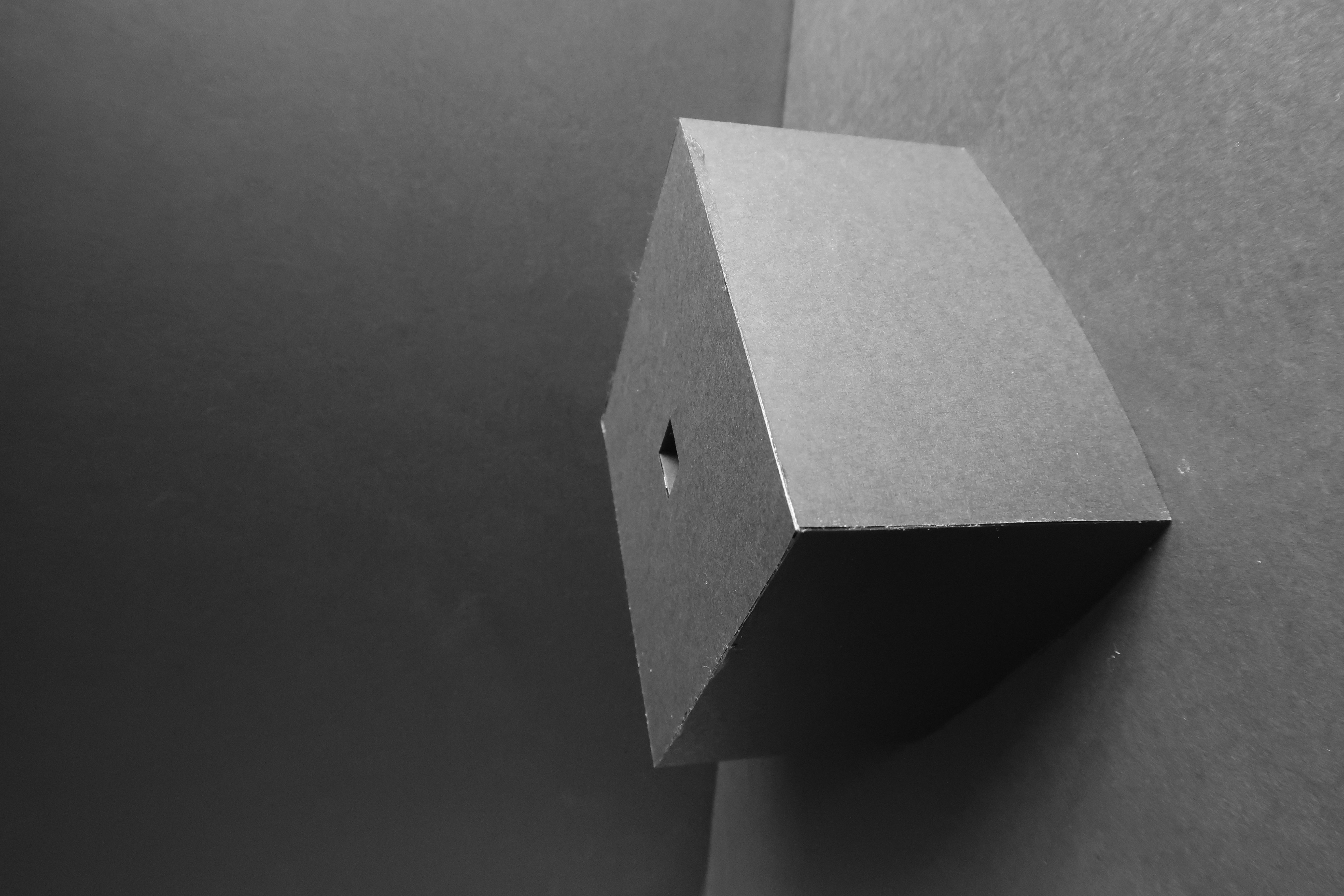
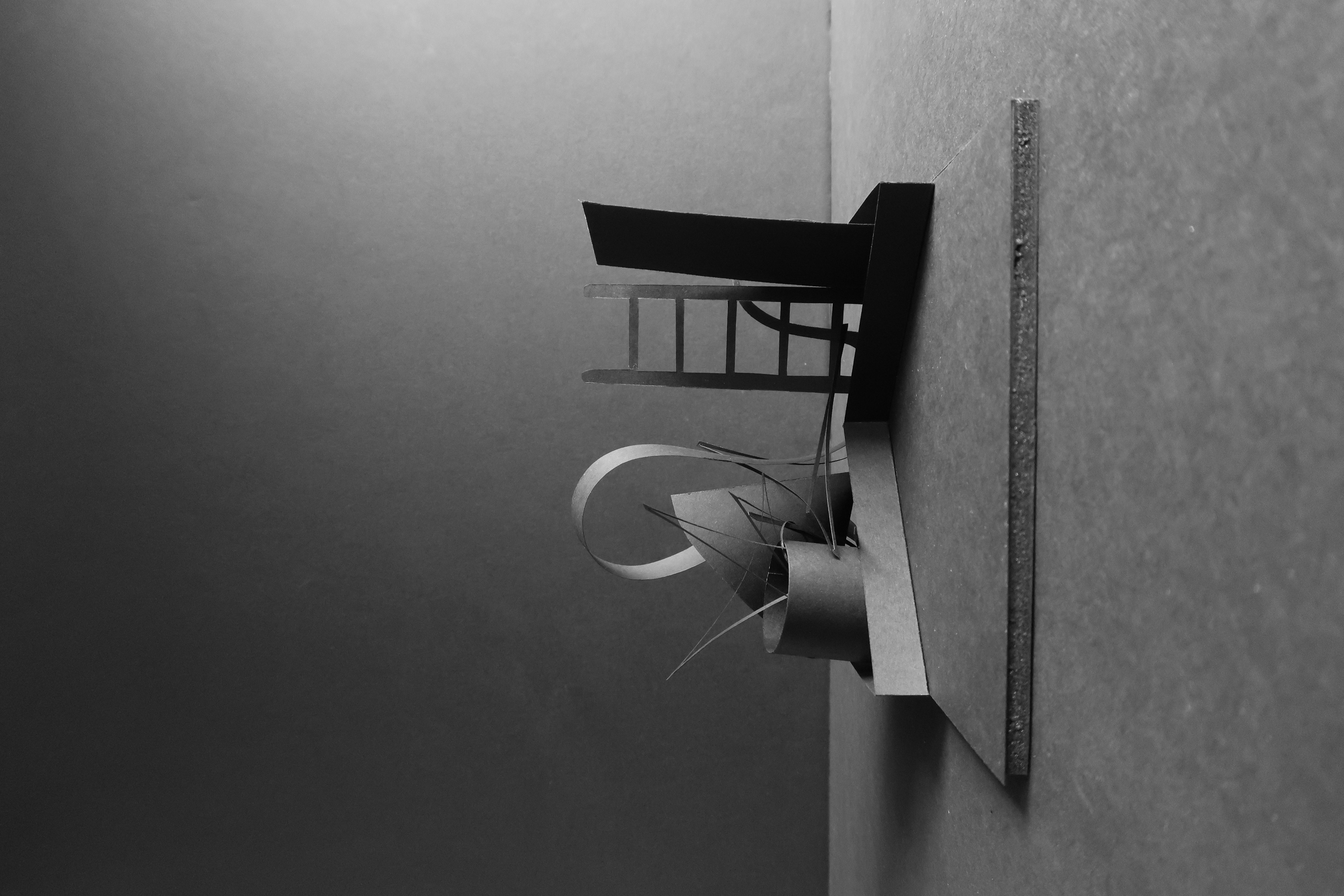
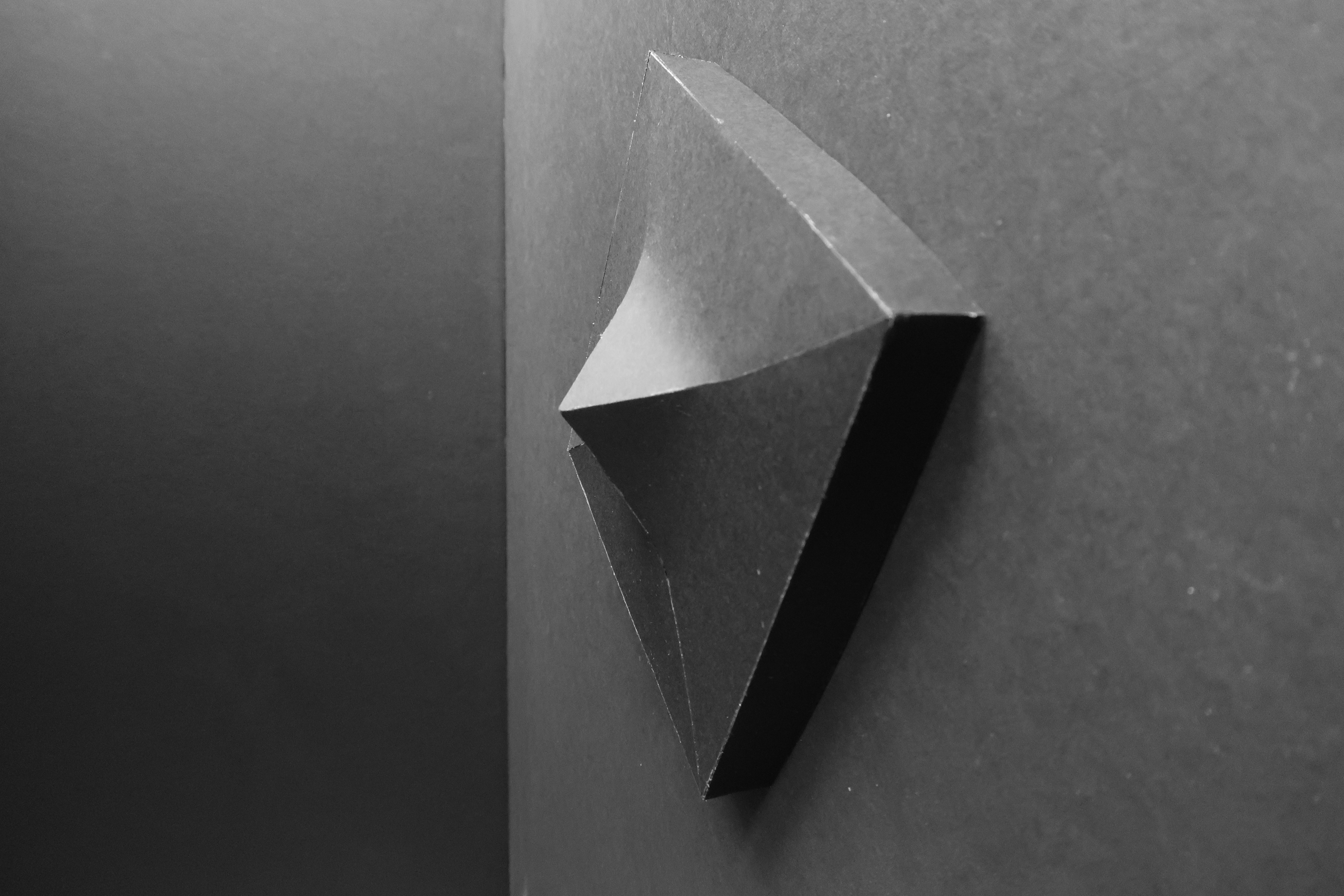
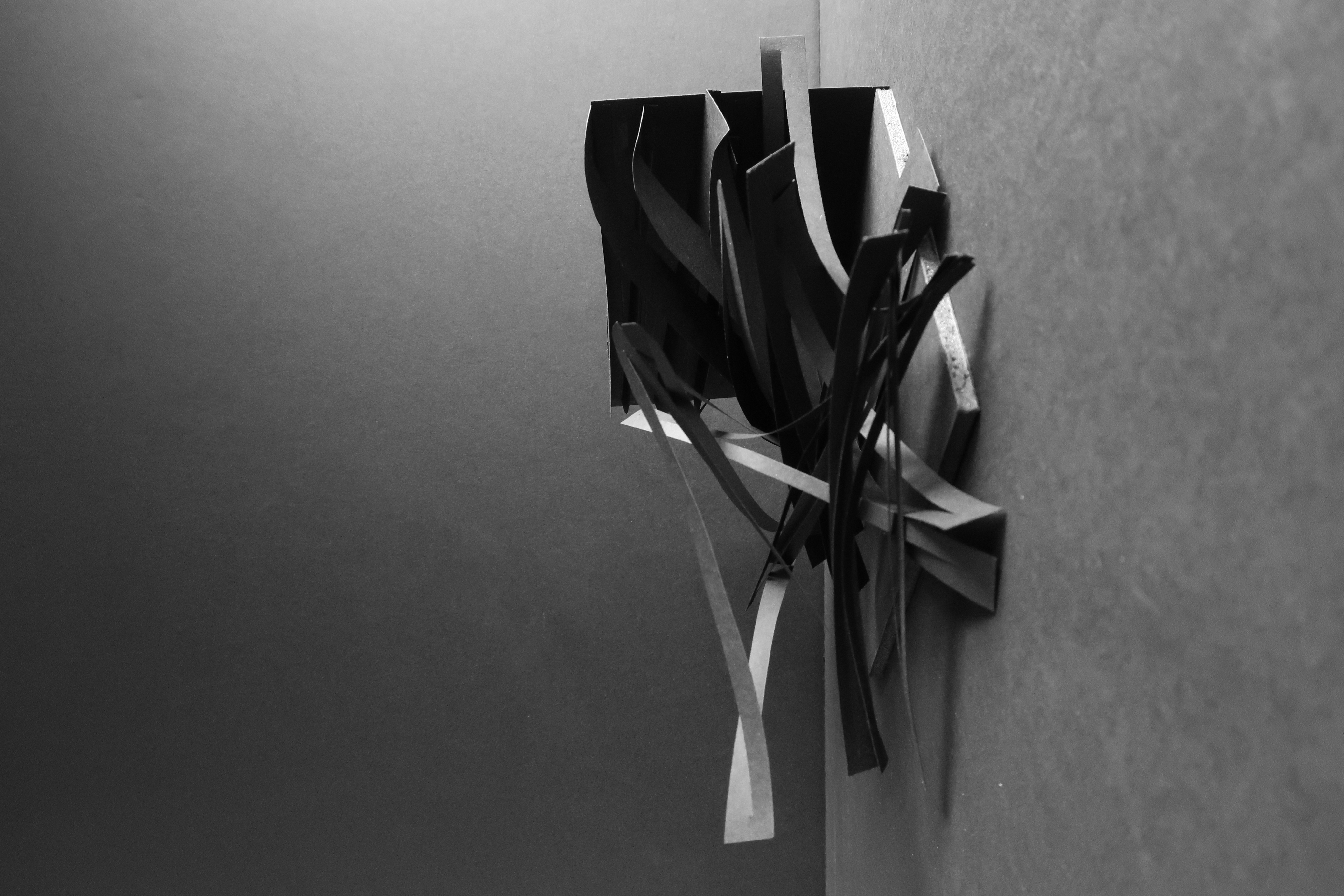
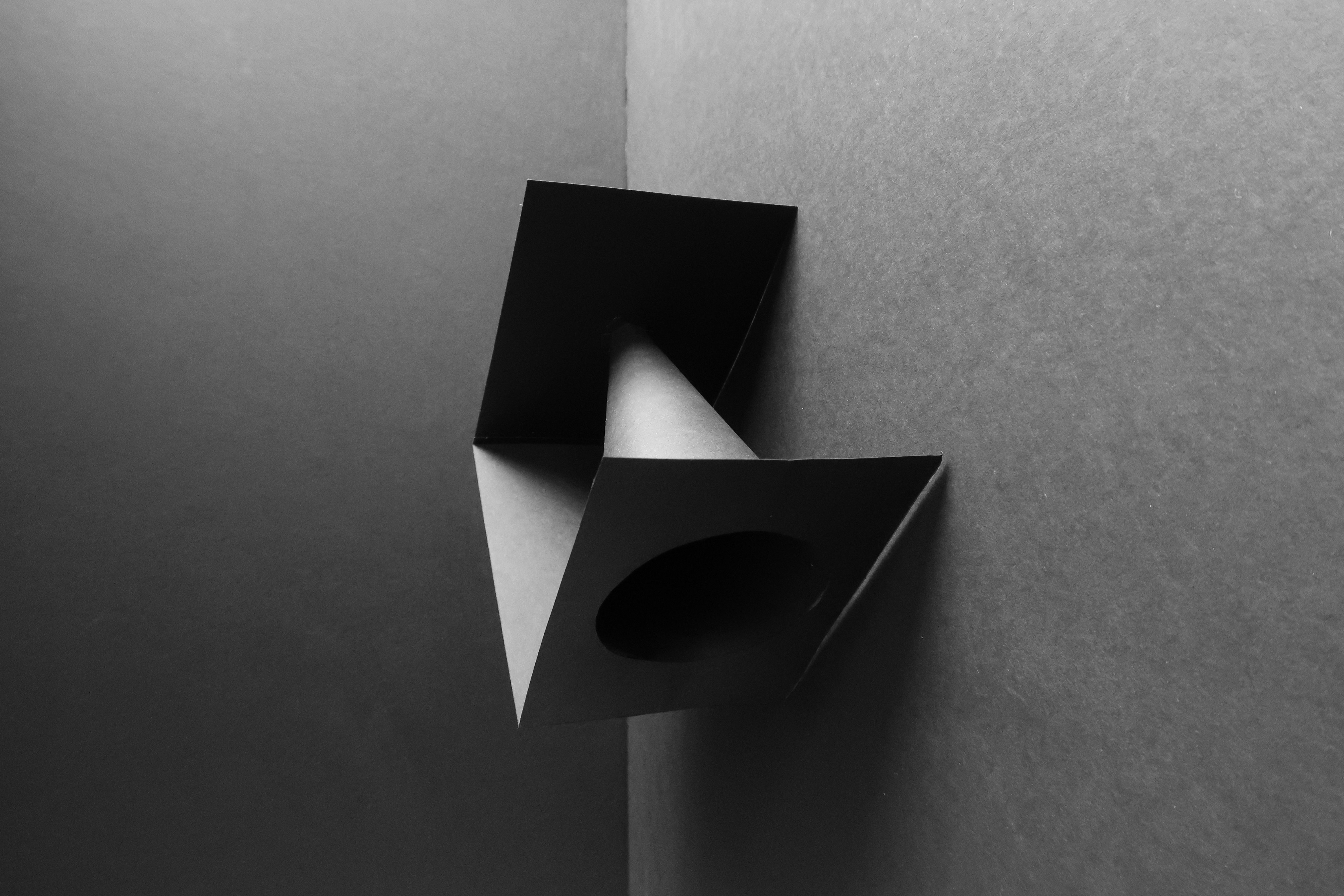
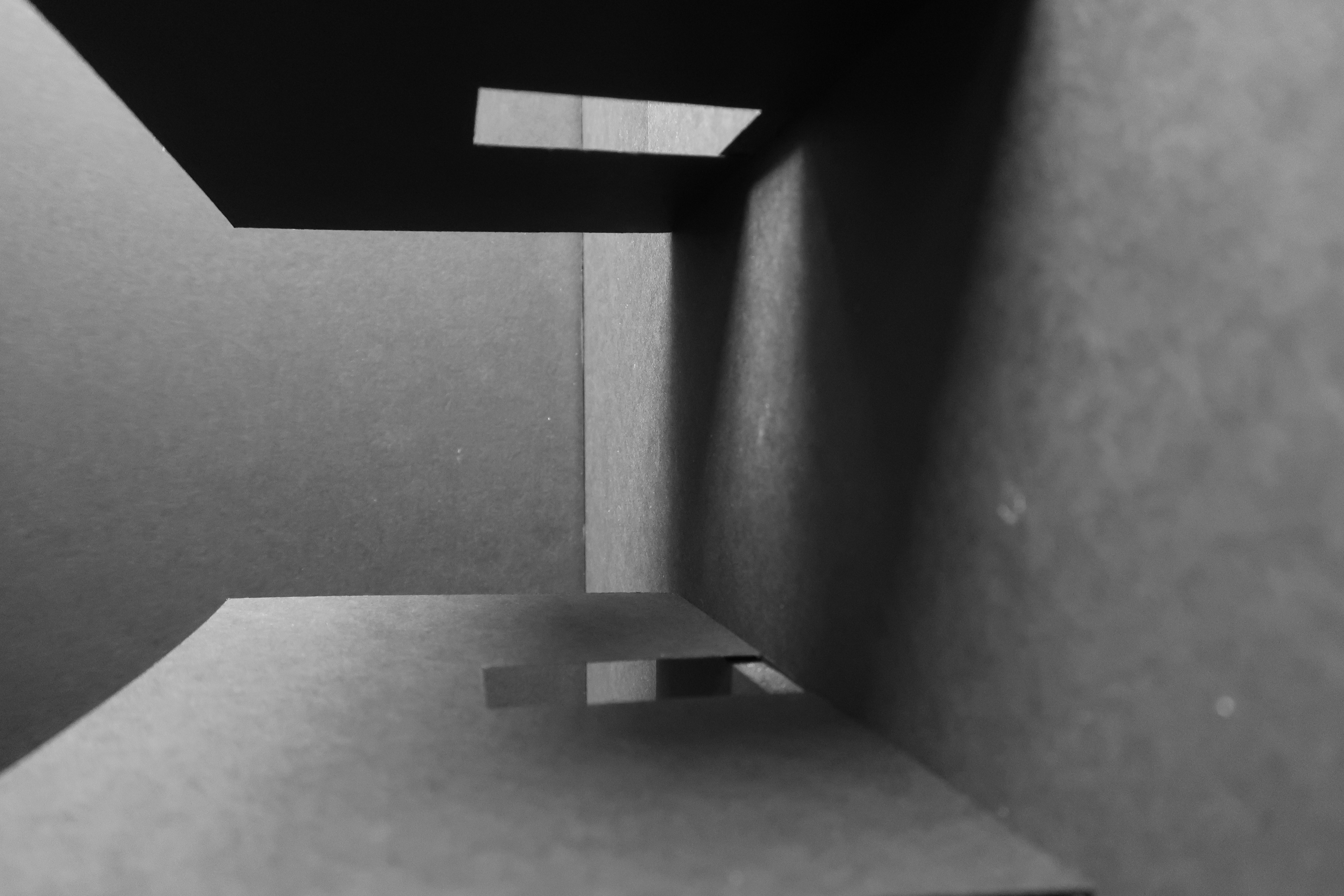
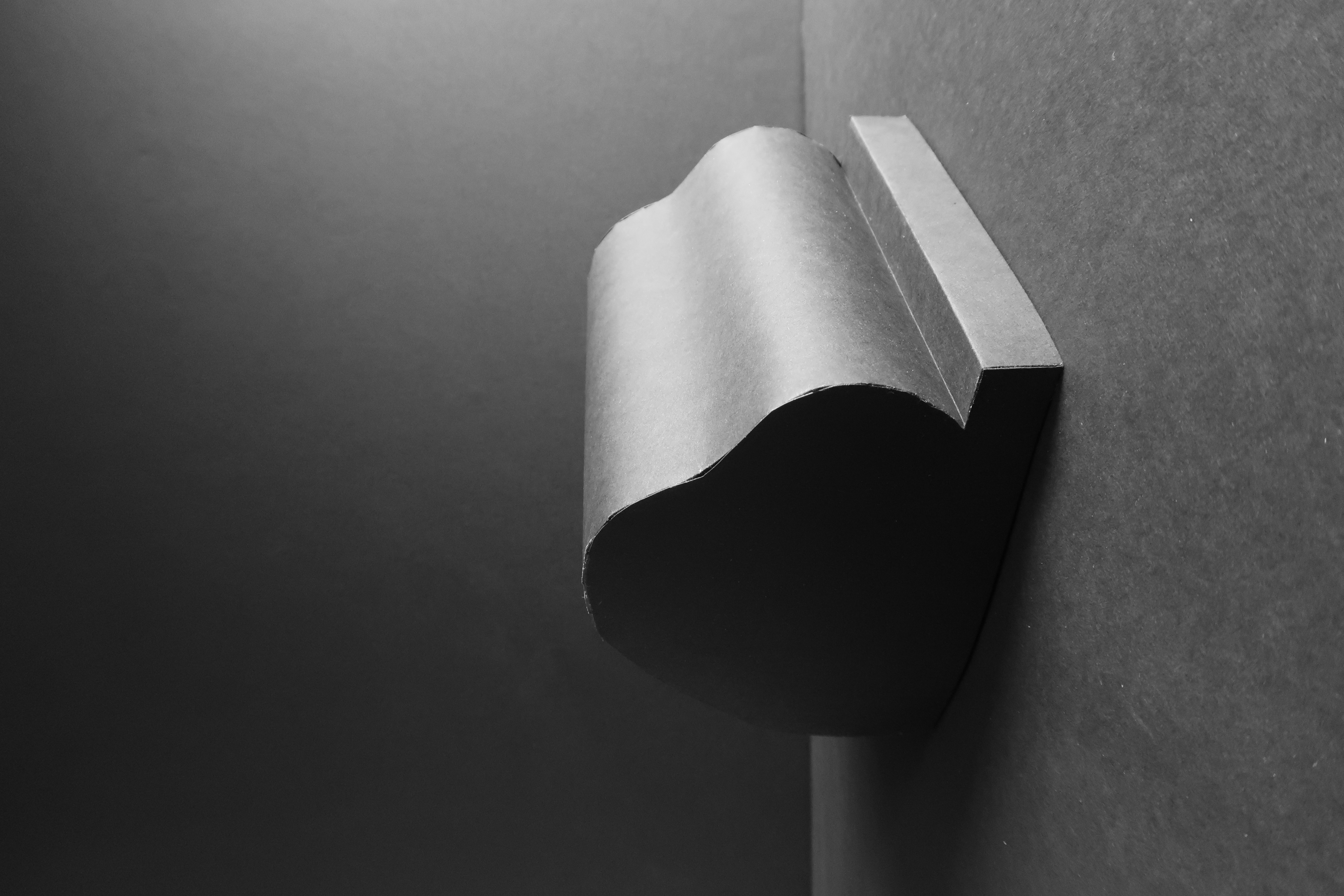

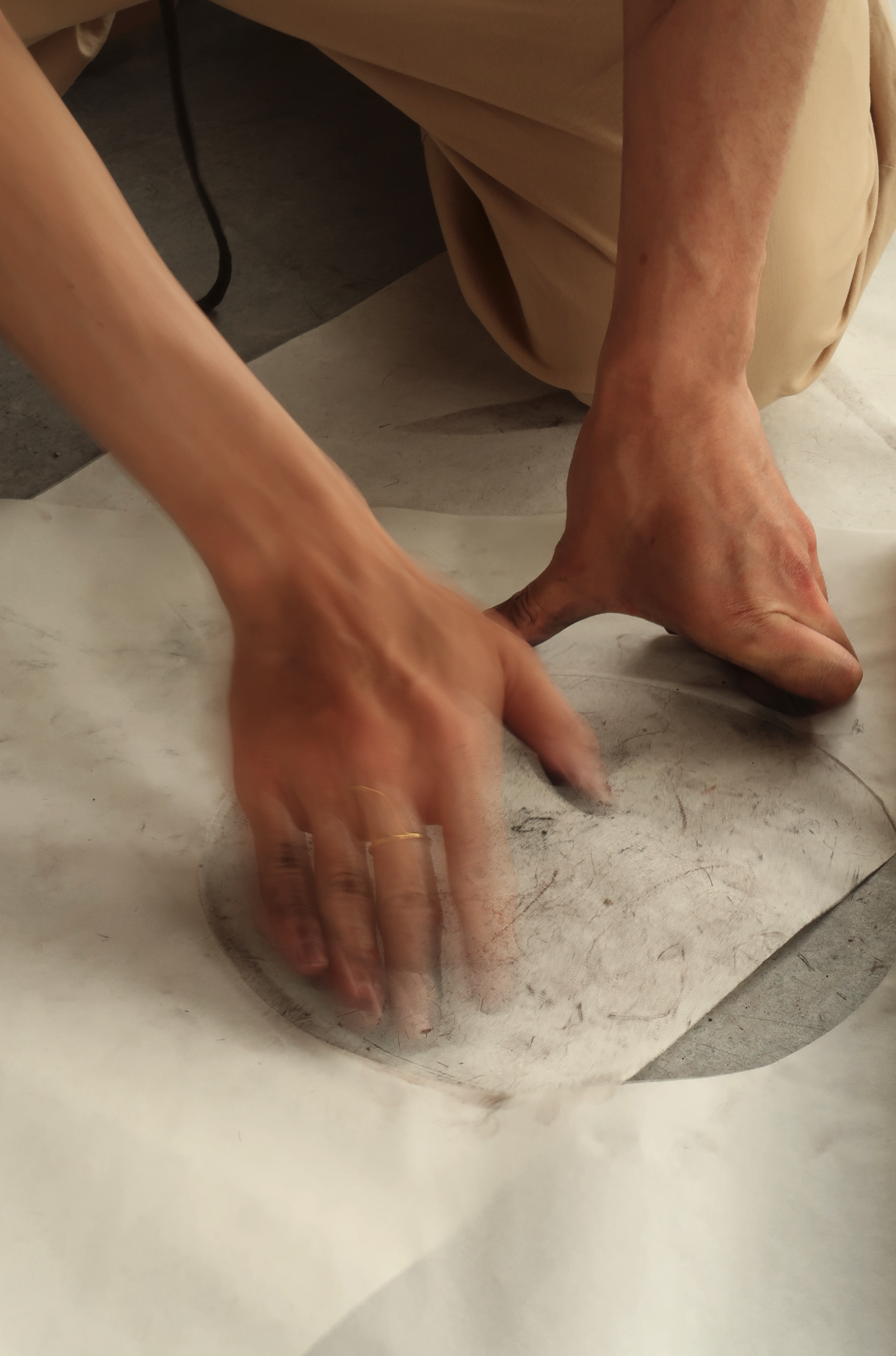
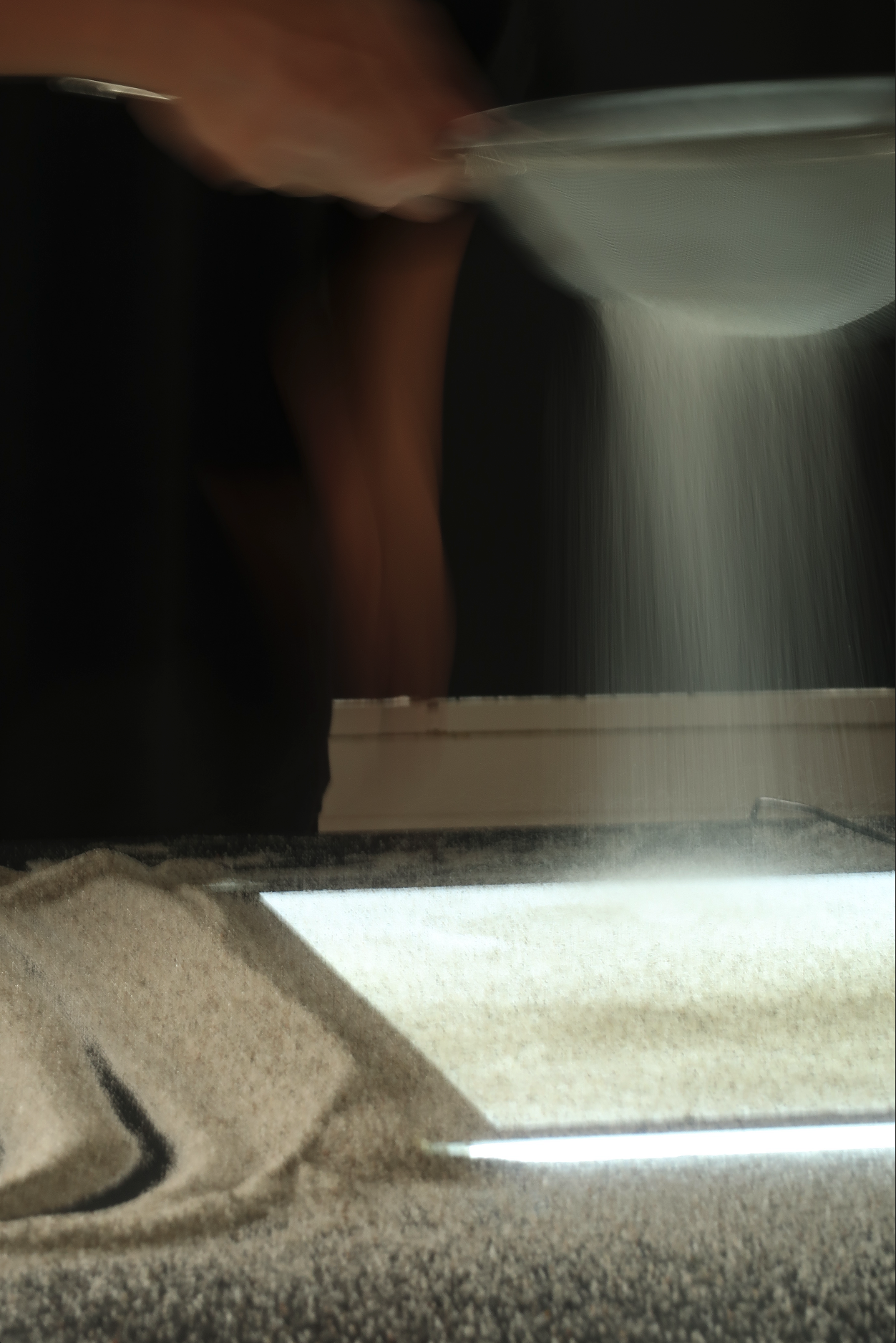
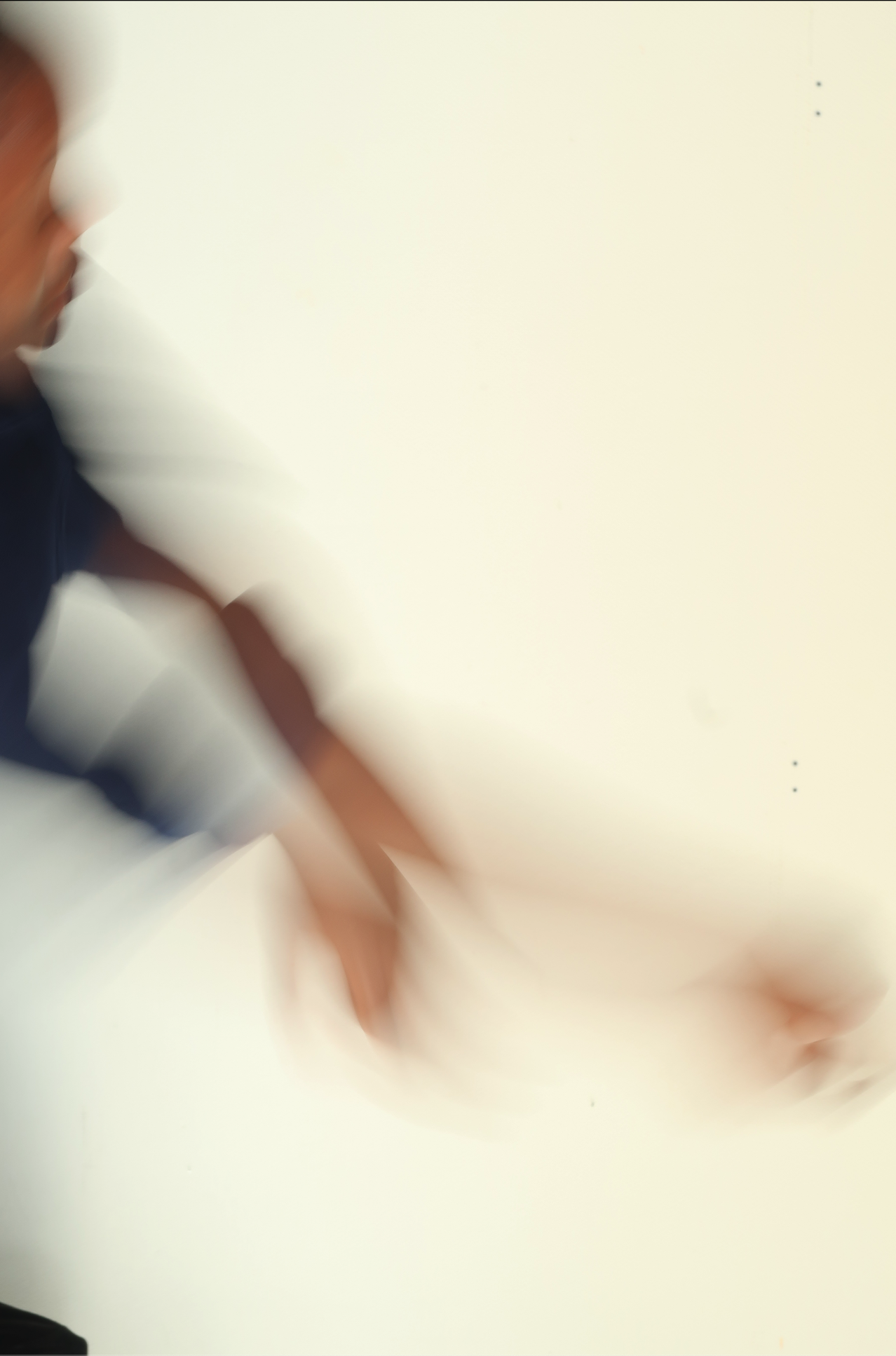
site
Andromeda 8220
Gudrunsvej 78
8220 Aarhus G, Denmark


background
APPROACH The approach behind the Curriculum is based in Black critical thought, performance studies, and design. In 2023, Monash University's Faculty of Art, Design & Architecture (Melbourne, AU) nominated the research behind the Curriculum for their Doctoral Thesis Excellence award.
SECTOR AND INDUSTRY Contemporary cultural institutions in Nordic countries have increasingly been representing a growing diversity of works by young artists who immerse themselves in critical and racialized perspectives. However, processes specifically to develop the critical artist and the criticality of their work—beyond lectures and discussions—are limited. Nordic Otherwise contributes to filling the gap by running its Curriculum.
ART, DESIGN, AND ARCHITECTURE Racialised creative practitioners engage with theoretical texts as an integrated part of their process. For example, American Artist (US) engages with Fred Moten’s book, In The Break: The Aesthetics Of The Black Radical Tradition; Dina El Kaisy Friemuth (DK) works with Ariella Asha Azoulay’s book, Potential History: Unlearning Imperialism. For the artist who contends with the socio-political condition, knowing, making, and being are engaged simultaneously. Each mutually influences the others at once. Nordic Otherwise seeks to develop strategies capable of supporting these critical processes.
SECTOR AND INDUSTRY Contemporary cultural institutions in Nordic countries have increasingly been representing a growing diversity of works by young artists who immerse themselves in critical and racialized perspectives. However, processes specifically to develop the critical artist and the criticality of their work—beyond lectures and discussions—are limited. Nordic Otherwise contributes to filling the gap by running its Curriculum.
ART, DESIGN, AND ARCHITECTURE Racialised creative practitioners engage with theoretical texts as an integrated part of their process. For example, American Artist (US) engages with Fred Moten’s book, In The Break: The Aesthetics Of The Black Radical Tradition; Dina El Kaisy Friemuth (DK) works with Ariella Asha Azoulay’s book, Potential History: Unlearning Imperialism. For the artist who contends with the socio-political condition, knowing, making, and being are engaged simultaneously. Each mutually influences the others at once. Nordic Otherwise seeks to develop strategies capable of supporting these critical processes.
what else?
Check out other must-know schools and courses that focus on (1) critical theory, (2) artistic practice, (3) centering QTBIPoC.
Note: The following are not affiliated with Nordic Otherwise.
︎︎︎ Accountability Mapping
︎︎︎ Wynter-Wells Drawing School for Environmental Liberation
︎︎︎ Reconstructions
︎︎︎ School for Poetic Computation
︎︎︎ WYFY School and graduation
Note: The following are not affiliated with Nordic Otherwise.
︎︎︎ Accountability Mapping
By Daria Garina, a course for abolition and developing Transformative Justice skills through one’s own body
Online
︎︎︎ Wynter-Wells Drawing School for Environmental Liberation
By Torkwase Dyson, an experimental curriculum based in Black critical thought, focused on the relationship between architecture, infrastructure and water
Roving in the US
︎︎︎ Reconstructions
By Marie-Louise Richards at Royal Institute of Art, a course to reimagine spatial practices “otherwise”–learning from Black feminism
Stockholm
︎︎︎ School for Poetic Computation
An experimental school for art, code, hardware and critical theory
New York City
︎︎︎ WYFY School and graduation
By BUFU, A learning community seeking to love Us well with practice, dreams, & care⠀
New York City
